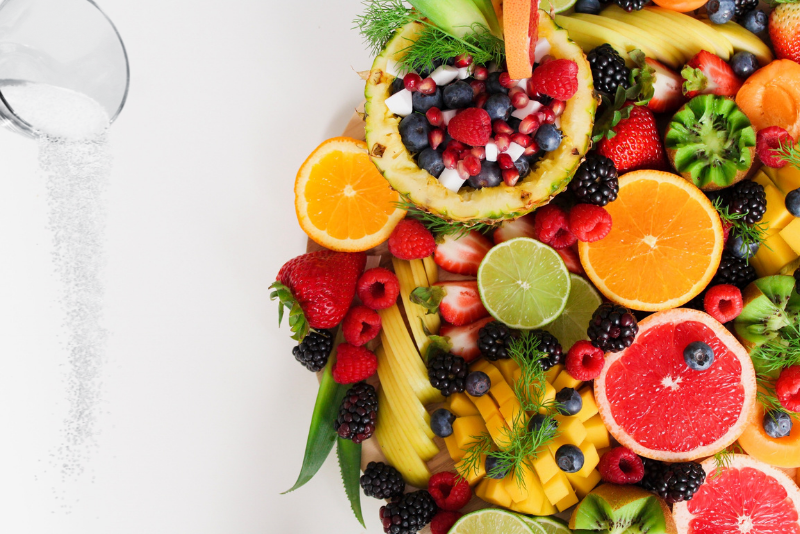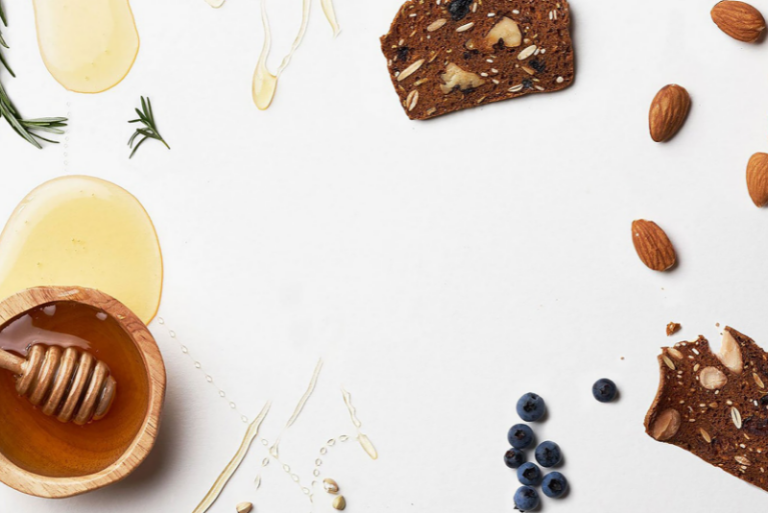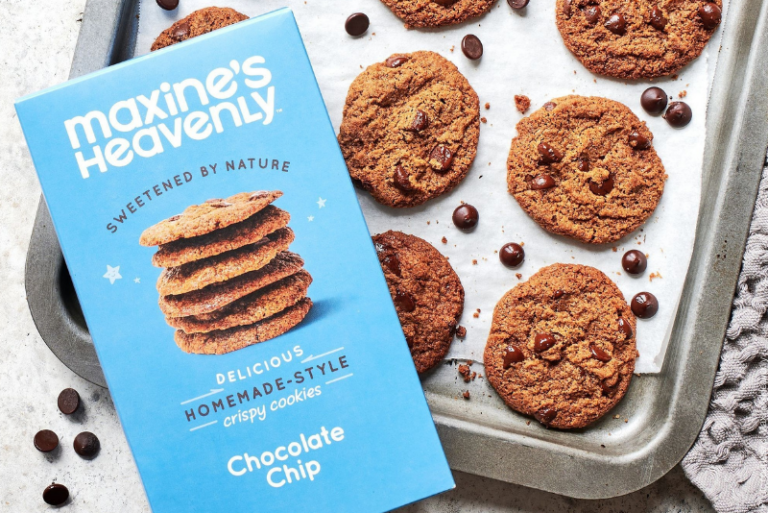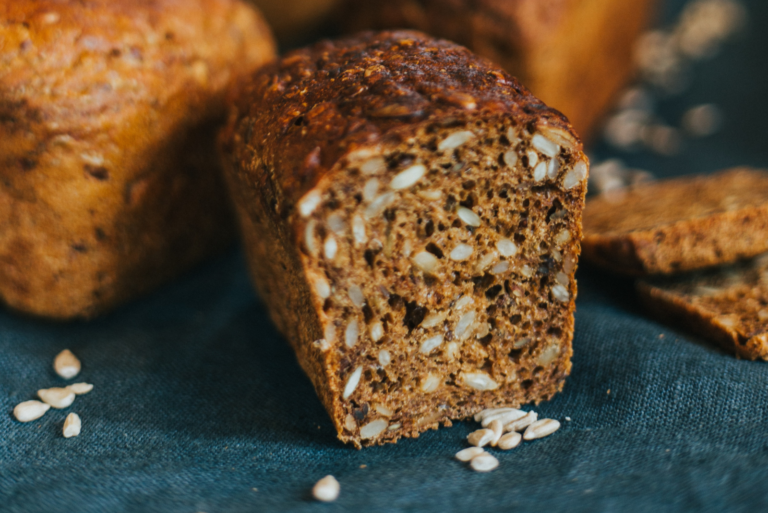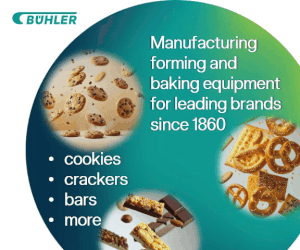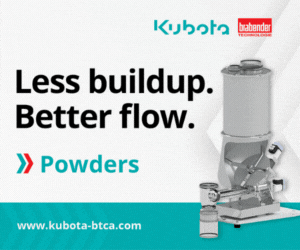AUSTIN, TX — While ingredient openness is becoming gospel for so many food producers, one retail outlet is often deemed the pioneer of the clean label movement: Whole Foods. The health food giant that offers an organic option for nearly everything has a list of more than 230 ingredients — including hydrogenated fats, high-fructose corn syrup, and sweeteners such as aspartame, sucralose and saccharin — banned from the products on its shelves. When it comes to developing a clean label product, earning a place in the aisles of Whole Foods’ serves as a golden ticket.
Two key categories that Whole Foods focuses on, both of which are particularly relevant to the baking industry, are preservatives and sweeteners. The grocer states on its website that preservatives undergo consideration on a case-by-case basis, “weighing the benefits and the drawbacks.”

